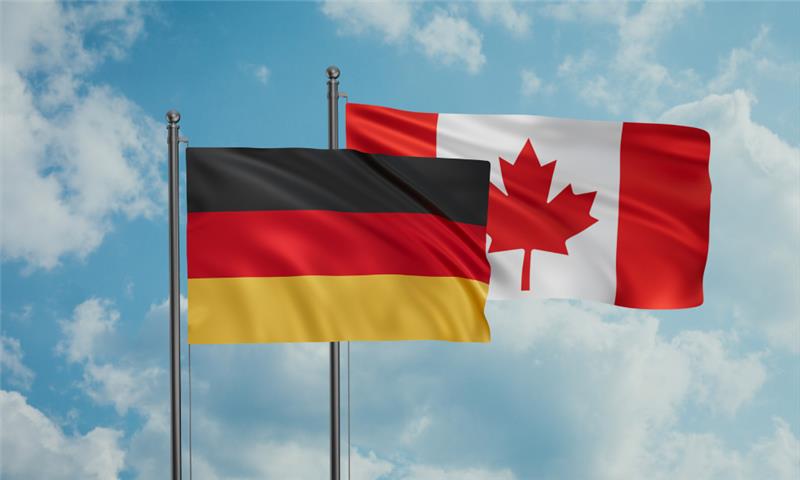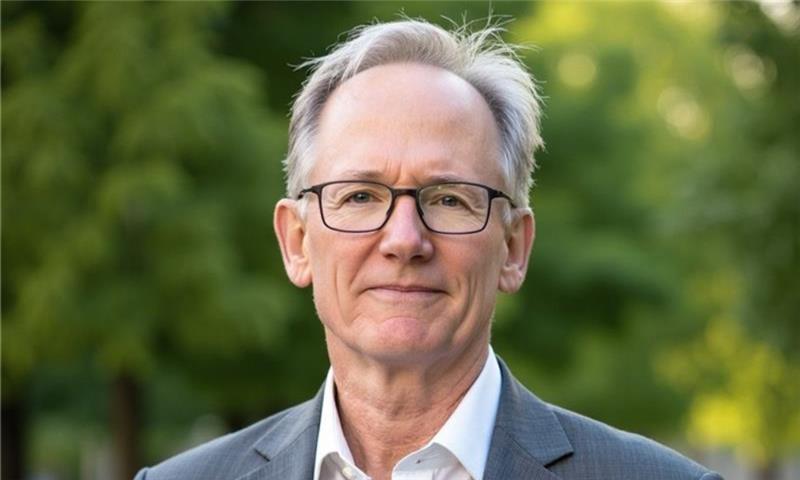Canada has confirmed its entrance into a critical minerals and energy alliance with Germany, with both countries signing a joint declaration of intent in Berlin.
The declaration outlines the nations’ commitment to boosting cooperation to land critical mineral supply chains, bolster research and development collaboration, and co-finance new critical mineral projects supporting industries like electric vehicle manufacturing, defence, and aerospace.
Canadian Prime Minister Mark Carney and energy and natural resources minister Tim Hodgson revealed that Isabella Chan had been named Canada’s special envoy for this alliance. Chan serves as senior assistant deputy minister for the lands and minerals sector at Natural Resources Canada.
The German government appointed Matthias Koehler, deputy director general of raw materials policy, as Germany’s special envoy.
“Canada has immense potential to be a leading and reliable global supplier of critical minerals, and Canada and Germany are natural strategic partners in this mission. As Germany’s domestic demand for critical minerals grows and it diversifies its supply chains, Canadian workers and industries can be the strong, stable provider of these indispensable resources,” Carney said in a statement.
The Canadian government described Germany as Europe’s largest economy and said the partnership enhances domestic investment and generates high-paying jobs while accelerating the clean energy transition and boosting transatlantic security. The team-up builds on Carney’s announcement of the Critical Minerals Production Alliance at the G7 Summit in Alberta earlier this year. The alliance leverages global partnerships to improve critical mineral supply chains for collective defence and advanced technology.
Carney highlighted nickel and cobalt as minerals underdeveloped in Canada.
“Canada and Germany share a deep commitment to democracy, security, and sustainability – and German industry needs resources Canada can offer amidst global uncertainty,” Hodgson said.
Canada and Germany are linked through the Canada-Germany Energy Partnership. The Canadian government indicated that it would initiate conversations on supplying liquified natural gas to German buyers while developing a transatlantic hydrogen trade corridor that contributes to the clean energy transition and bolsters energy security under the Canada-Germany Hydrogen Alliance.
In line with the discussions, Rock Tech Lithium and ENERTRAG inked a memorandum of understanding to provide renewable energy to the planned lithium hydroxide converter in Guben, Germany, according to the Canadian Mining Journal.
“The partnership between Rock Tech Lithium and ENERTRAG exemplifies how Canadian innovation and international collaboration propel the clean energy transition,” Hodgson said in a statement published by the Canadian Mining Journal.




